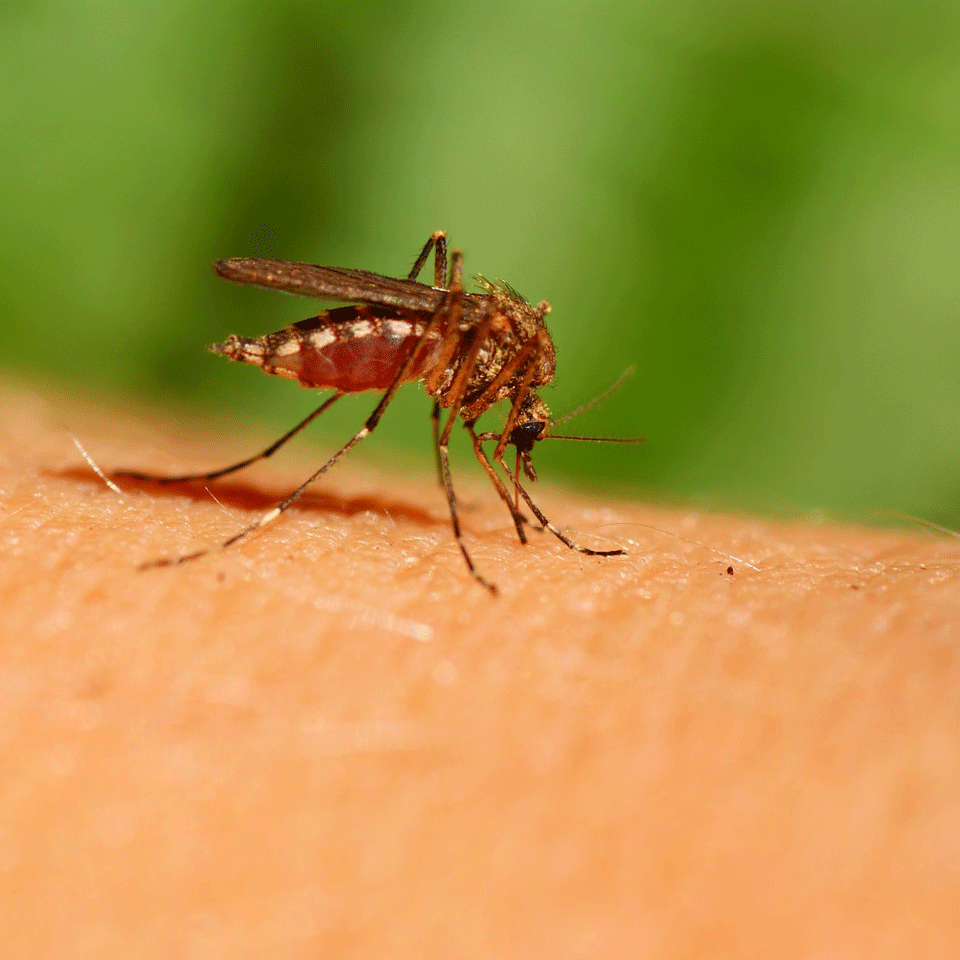Canada News
Canadian scientists testing Zika to see if virus can infect native mosquitoes

(Photo courtesy of the official Facebook page of Brock University)
TORONTO—A team of scientists at Brock University is poised to begin testing mosquitoes native to Canada to determine whether the insects can become infected with Zika and potentially transmit the virus to humans.
The St. Catharines, Ont., university, the only academic institution in Canada with a Level 3 containment lab that includes an insectary, received a shipment of Zika virus this week from the National Microbiology Laboratory in Winnipeg—the only other Canadian facility with a similar high-security capacity where such research can be safely conducted.
“Now that we’ve been working in the CL3 lab, we can now be proactive,” said lead researcher Fiona Hunter, a medical and veterinary entomologist who specializes in mosquitoes and other biting insects.
“We don’t have to wait until some traveller comes back to Canada with Zika virus and gets bitten by a local mosquito and wait on tenterhooks to see whether or not there will be local transmission,” Hunter told a media briefing Friday.
There has been an explosion of Zika infections in South and Central America, Mexico and the Caribbean since the first cases began showing up in Brazil last May.
Most people who contract the infection have no symptoms; those who do get sick experience such ill effects as fever, joint pain, rash and red eyes. The disease usually resolves in about a week.
However, the virus has been potentially linked in Brazil to more than 4,400 cases of abnormally small heads in infants born to women who may have been infected while pregnant, as well as cases of Guillain-Barre syndrome, a neurological condition that can cause muscle weakness or even partial paralysis.
Researchers are still scrambling to determine if Zika causes both the birth defect—known as microcephaly _ and Guillain-Barre.
Hunter said scientists have been blindsided by Zika, which was first detected in a rhesus monkey in the Zika forest of Uganda in 1947. Since then, the mosquito-borne disease has spread from Africa to Southeast Asia, hopped onto some Pacific Islands, and then moved into Brazil and subsequently most of South America. The disease is now also endemic in Central America, many Caribbean countries and parts of Mexico.
A number of Canadian and U.S. travellers to those areas have returned home infected with Zika. On Friday, Ontario announced its first Zika case in a resident who had visited Colombia.
On Wednesday, Hunter’s lab received four vials of a strain of Zika virus that originated in Thailand. The next step will be to grow large quantities of the virus in the lab and then begin infecting colonies of Aedes aegypti and Aedes albopictus, the two mosquito species known to transmit Zika in the Western Hemisphere.
“Then once the snow melts, we will move full steam ahead looking at Canadian mosquitoes,” said Hunter, who doesn’t expect definitive results of the testing until mid- to late summer.
“I think not knowing whether or not we have species that can transmit is the issue. If we can show that the species that are normally found here are not good vectors, then we can all breathe a sigh of relief and wait until the next emerging arbovirus comes along, because of course there are going to be others.”
Arboviruses such as Zika are those harboured by biting bugs like mosquitoes and ticks, which are known as “vectors”—the agents that carry and transmit an infectious pathogen into another living organism.
“Since 2012, when we got the containment Level 3 lab, we’re actually able to work on live mosquitoes, infect them with various viruses and see whether or not they’re capable of transmitting by bite,” Hunter said. “That’s the important thing: the mosquito may test positive during the outbreak, but is it actually capable of transmitting?
“The big issue here is does the virus replicate inside the female mosquito, does it then travel throughout her body and eventually get to the salivary glands so that when she spits into her next blood-meal host, is she transmitting virus?”
There are about 67 different resident mosquito species in Ontario, but the team will concentrate on about a dozen of them _ including the Asian bush mosquito (Aedes japonicus), a local relative of A. aegypti and A. albopictus.
Meanwhile, the national lab also will test Zika in about a dozen mosquito species, about half of them unique to Western Canada.
When the Winnipeg lab acquires Zika isolates from Brazil, which may differ genetically from the Thailand strain of the virus, it will provide Hunter’s team with samples so further testing can be done by both groups.
Hunter said Aedes japonicus, which was first detected in the Niagara Region in 2001 and has been steadily moving north, is of particular concern.
“We know that it can transmit other viruses and it’s a mosquito—as the name suggests—that is not supposed to be here. It’s definitely invasive and it’s an aggressive day-biting mosquito and it really likes to feed on humans.
“And so that would be a problematic species and that is one of the ones we’re going to target because it has become firmly established in Ontario … and now it’s the fifth most common species we get in light traps when we’re doing West Nile surveillance,” she said.
“All it needs to do is potentially bite an infected traveller who’s viremic (infected) and start transmission that way.”
While not native to Canada, Aedes albopictus is also worrisome because the species has become endemic in southern New York State, New Jersey and Pennsylvania.
“So it’s really just a matter of time until it gets here.”
However, Hunter said Canadians have no cause for panic.
“Really what we don’t want is people to be afraid, especially at this time of year when there are no mosquitoes out biting anyway,” she said.
“This is definitely not to cause fear in anybody,” she said of the research. “If anything, we’d like people to be reassured that we’re looking ahead of time and being proactive.
“Because it’s better to know than not.”





















